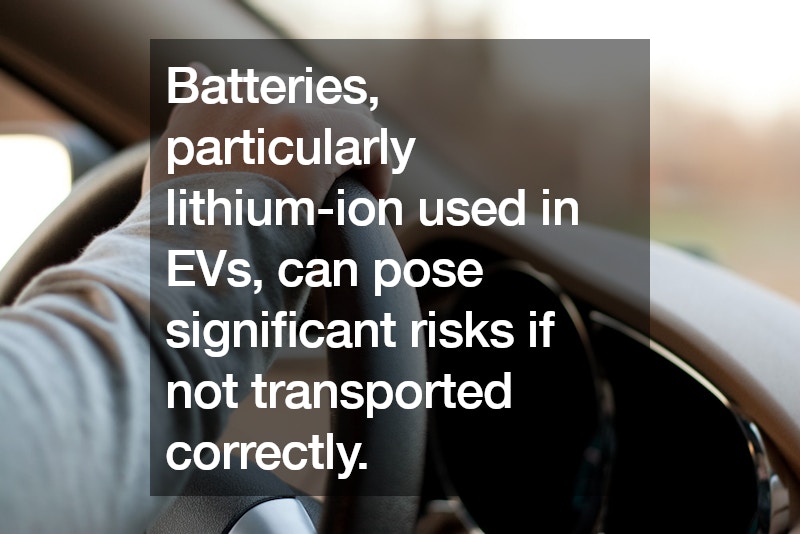Safe battery transportation is crucial, especially with the rise of electric vehicles (EVs) and the need for secure EV battery packaging. Proper handling and shipping of batteries prevent potential hazards and ensure compliance with regulations, protecting both people and the environment.
Preventing Hazards
Batteries, particularly lithium-ion used in EVs, can pose significant risks if not transported correctly. Mishandling can lead to short circuits, overheating, or even fires.
Robust EV battery packaging minimizes these risks by providing secure containment and protection against physical damage, ensuring batteries remain stable during transit.
Regulatory Compliance
Transporting batteries, especially EV batteries, involves adhering to stringent regulations set by authorities like the International Air Transport Association (IATA) and the U.S. Department of Transportation (DOT). Proper EV battery packaging ensures compliance with these regulations, which include specific guidelines for packaging, labeling, and documentation. Adhering to these rules not only avoids legal penalties but also promotes safety.
Environmental Protection
Safe transportation practices help prevent environmental contamination. Batteries contain hazardous materials that can be harmful if leaked. Secure EV battery packaging prevents leaks and ensures that batteries are transported in an environmentally responsible manner, reducing the risk of soil and water contamination.
Economic Efficiency
Proper packaging and handling reduce the likelihood of accidents, delays, and damage during transportation. This efficiency ensures that batteries arrive in good condition, maintaining their value and functionality, which is crucial for the burgeoning EV industry.
.



